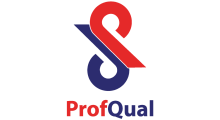The Professional Diploma in Accounting & Cost Management (PDACM) is designed to equip participants with a strong foundation in financial accounting, corporate finance, and cost management. This program provides an in-depth understanding of accounting principles, financial strategy, cost analysis, budgeting, auditing, and financial compliance.
Participants will learn to analyze financial statements, develop cost management strategies, manage budgets, and evaluate business performance using financial metrics. The program emphasizes practical applications, ensuring that participants are prepared to handle real-world financial challenges and drive business efficiency through effective cost control and financial management.
The course combines theoretical insights with practical case studies, enabling participants to make informed financial decisions, manage risk, improve business performance, and ensure compliance with governance and regulatory standards.










